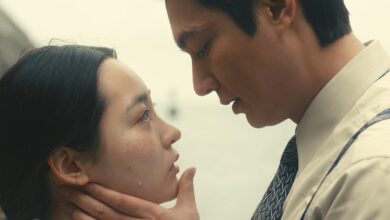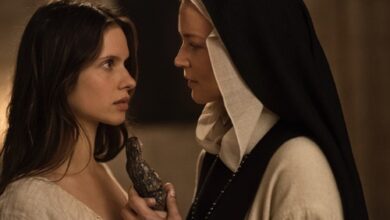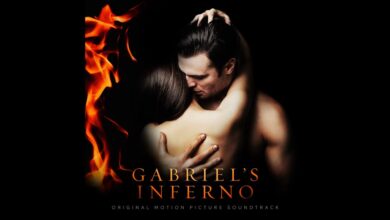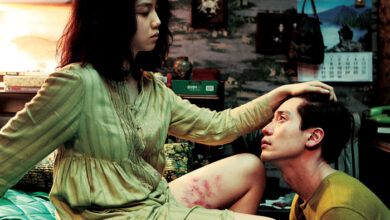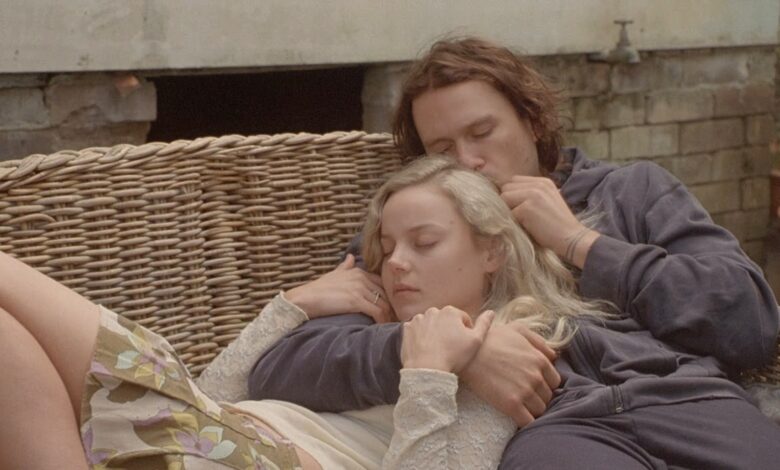
In Candy, love is not tender. It is a hunger. It does not grow; it consumes. Neil Armfield’s 2006 adaptation of Luke Davies’ novel is a raw, unfiltered portrayal of two lovers—Candy and Dan—who mistake addiction for passion and spiral into a world where pain becomes indistinguishable from pleasure.
Heath Ledger, in one of his most haunting performances, plays Dan—a struggling poet, tender yet irresponsible, magnetic yet self-destructive. Opposite him, Abbie Cornish plays Candy, a luminous art student whose descent from innocence into darkness mirrors that of a fallen angel. Together, they do not merely fall in love; they plunge. They crash. They burn.
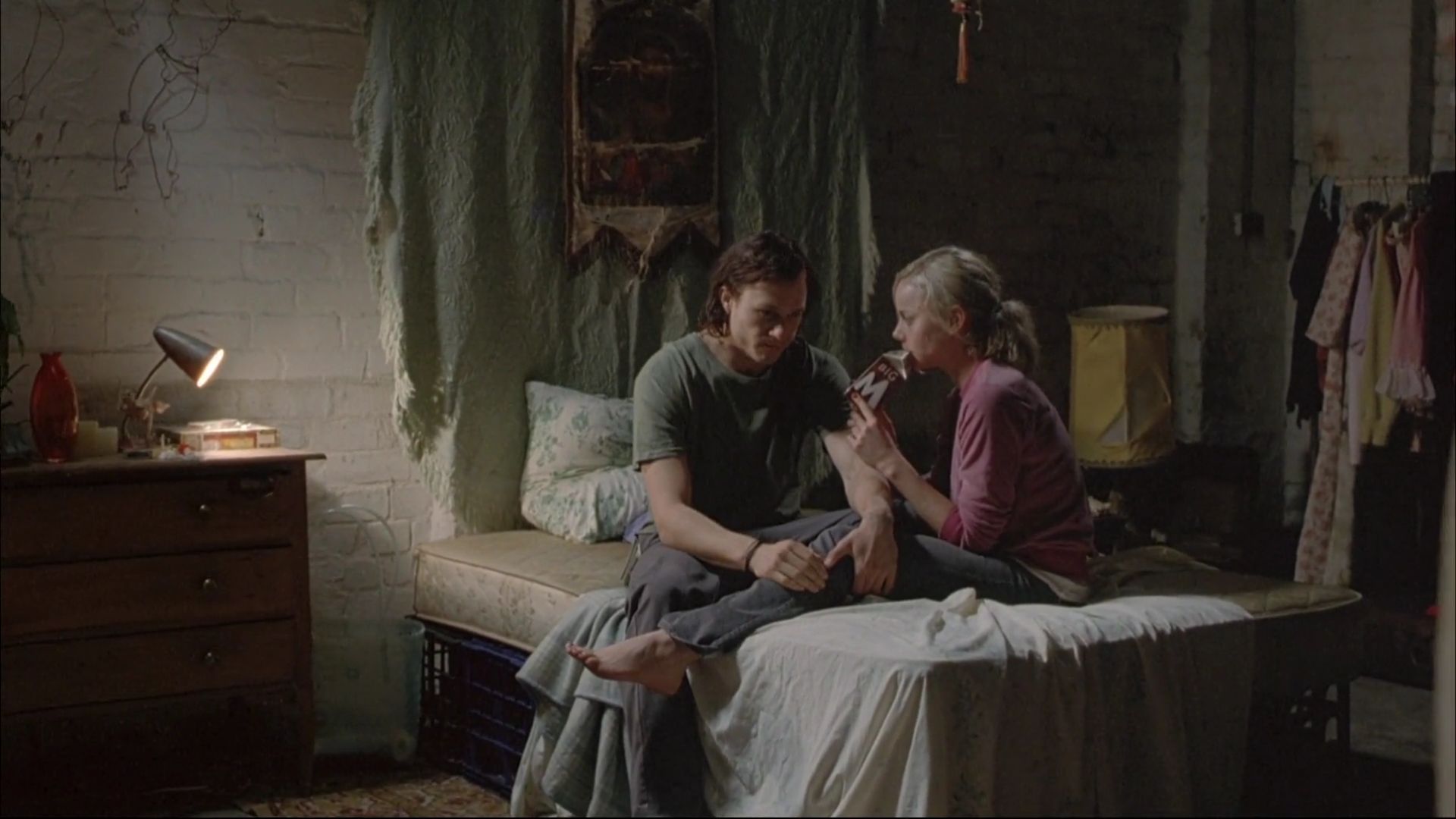
From their very first moments on screen, there is a dangerous intimacy in their connection. They orbit each other, intoxicated by beauty, by rebellion, by the thrill of escape. But what starts as romantic rebellion soon turns fatal. Their love is soaked in heroin and sealed by ritual—a needle shared like a wedding ring, a nod instead of a vow. The film does not glamorize addiction; it shows the emotional terrain that makes people seek numbness: the ache of longing, the terror of loss, and the illusion of control.
The depiction of s.e.x in Candy is deeply tied to the couple’s dependency—on drugs, on each other, and on fleeting moments of transcendence. Every intimate scene is charged with vulnerability rather than lust. They make love not for pleasure, but for confirmation: that they are still human, still in love, still alive. But the line between the physical and the emotional breaks down. As their bodies deteriorate, so does their trust. Even tenderness becomes a threat.
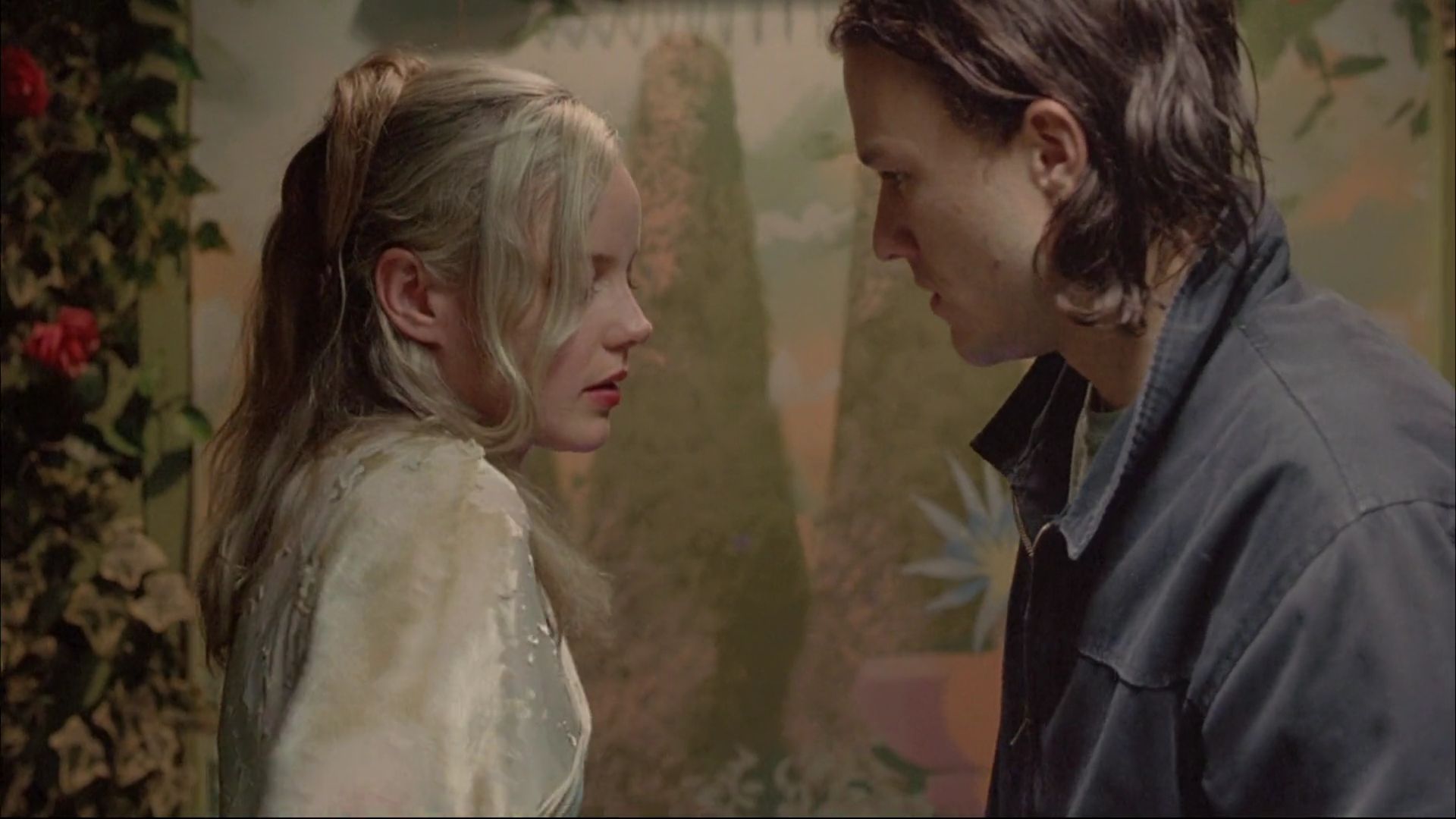
The film is told in three acts—Heaven, Earth, and Hell—mirroring a Dantean journey through the phases of addiction. Heaven is where everything glows: youth, love, endless possibility. In Earth, real-life responsibilities creep in—poverty, family confrontations, moral decay. Hell, predictably, is where their world collapses: overdose, psychosis, betrayal. What makes Candy such a brutal watch is not just the subject matter, but how seductively it pulls you into its illusion before tearing it apart.
Cinematographer Garry Phillips infuses the film with a texture that feels both poetic and claustrophobic. Sunlight filters through dusty windows, heroin swirls in teaspoons like molten gold, and the streets of Sydney feel dreamlike, almost mythical—until they don’t. As the characters unravel, the visuals lose their warmth. The color drains. The cold sets in.
Geoffrey Rush adds depth to the narrative as Casper, Dan’s older, equally addicted friend. He is a tragic echo of Dan’s possible future—a man once brilliant, now reduced to a ghost. Casper represents the harsh truth behind the illusion: addiction does not age well. It corrodes everything, even genius.

What is perhaps most devastating about Candy is its refusal to offer closure. There is no grand redemption. No glorious sobering. Just a series of small defeats that accumulate into something irreversible. Love, in this world, cannot save. It can only delay the fall.
Ultimately, Candy is not about drugs. It is not even entirely about romance. It is about that terrible intersection of need and desire—how we chase what destroys us, how we confuse pain with intimacy, how s.e.x can become a battlefield of desperation when it is divorced from stability and self-respect.
The performances are masterclasses in restraint. Ledger conveys more with his silences than many actors can with monologues. Cornish is devastating—a portrait of a woman losing her innocence one quiet scream at a time. Their chemistry is not just believable; it’s volatile.
Watching Candy is like watching two stars collide. It is beautiful, terrifying, and inevitable. And yet, for all its sorrow, it leaves behind a strange tenderness—a reminder that love, no matter how broken, always begins with hope.

